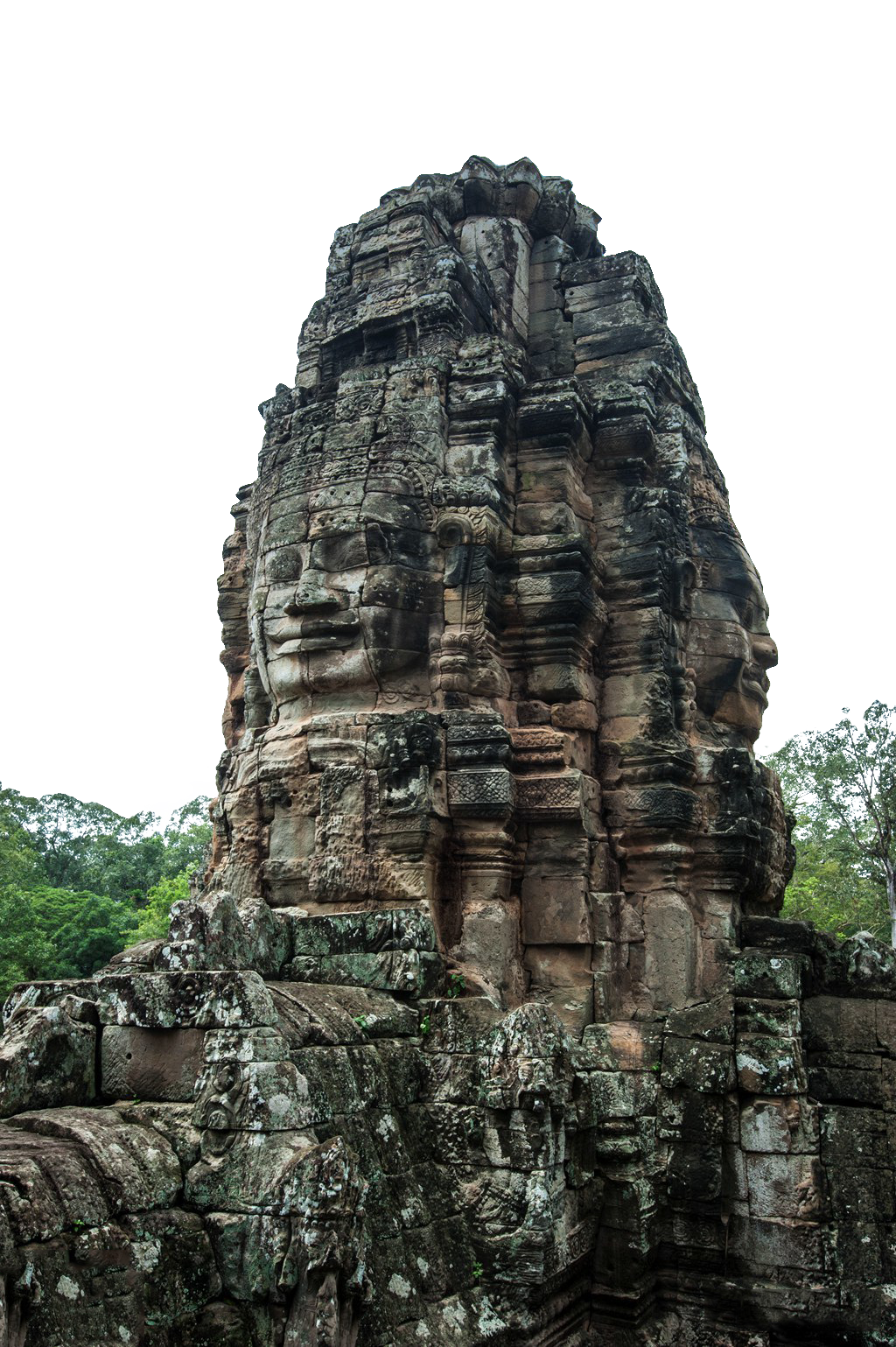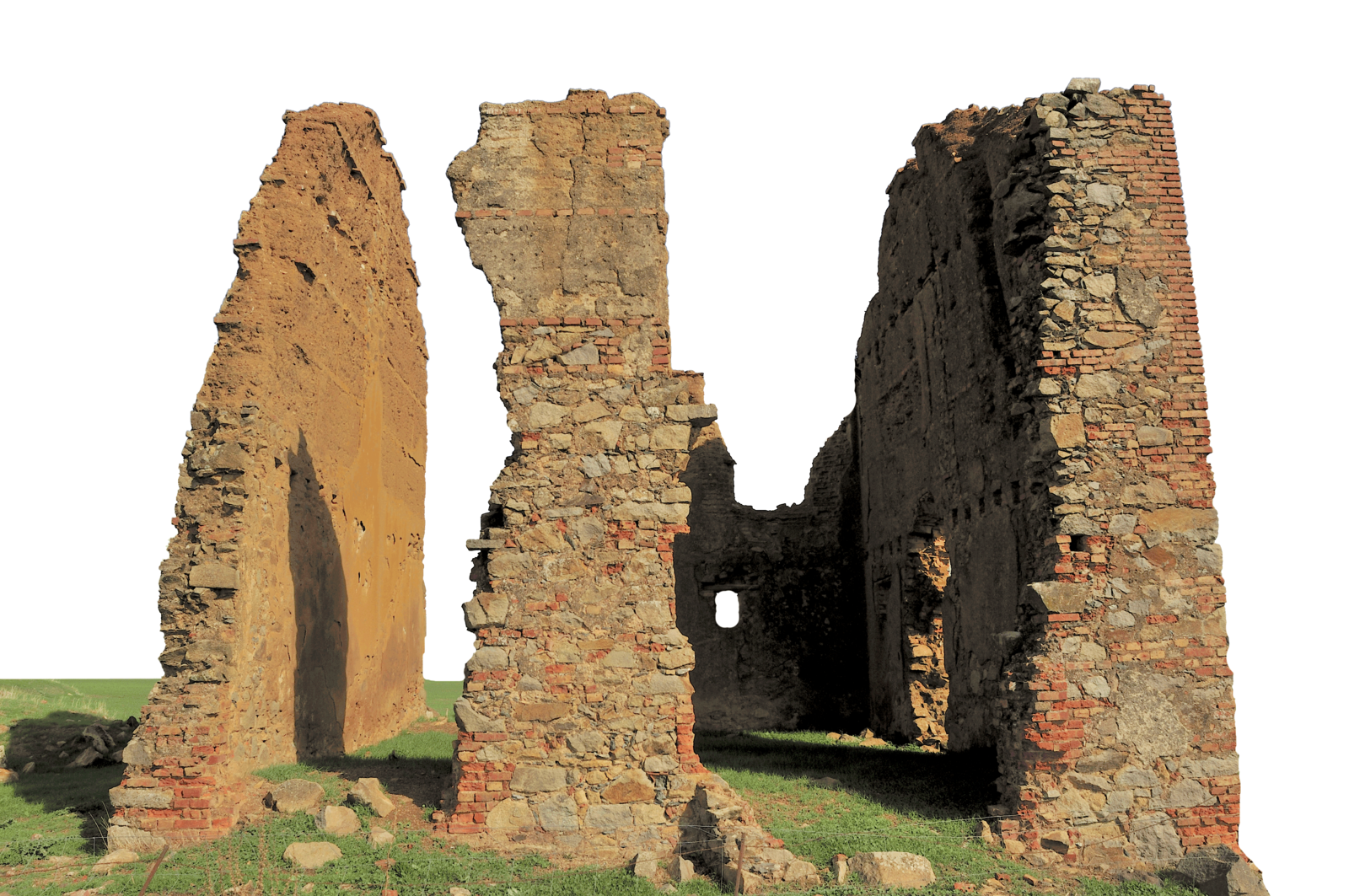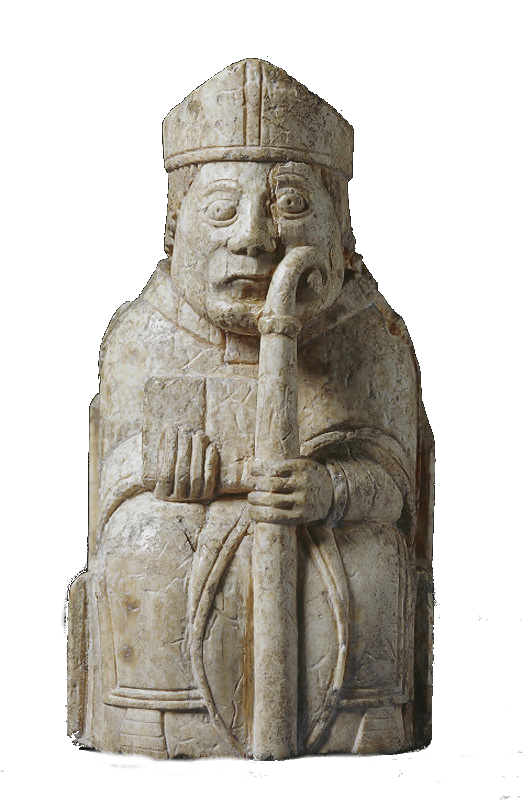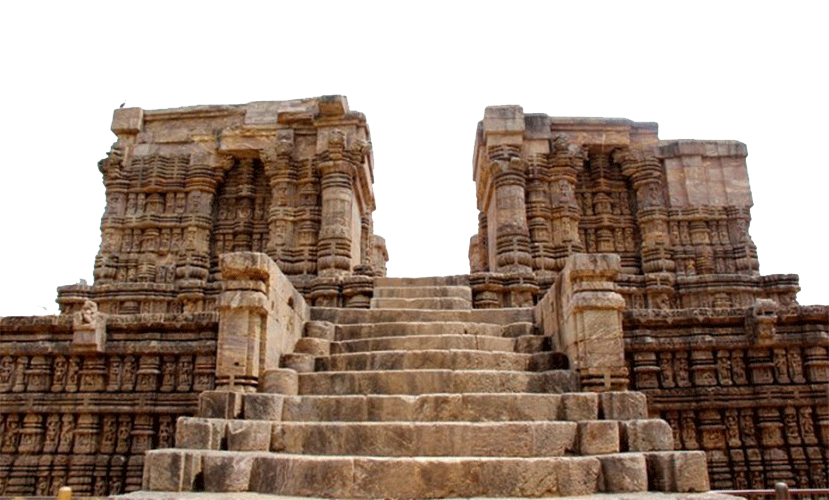Archaeology
Welcome to c/Archaeology @ Mander.xyz!
Shovelbums welcome. 🗿

Notice Board
This is a work in progress, please don't mind the mess.
- 2023-06-15: We are collecting resources for the sidebar!
- 2023-06-13: We are looking for mods. Send a dm to @[email protected] if interested!
About
Archaeology or archeology[a] is the study of human activity through the recovery and analysis of material culture. The archaeological record consists of artifacts, architecture, biofacts or ecofacts, sites, and cultural landscapes.
Archaeology has various goals, which range from understanding culture history to reconstructing past lifeways to documenting and explaining changes in human societies through time.
The discipline involves surveying, excavation, and eventually analysis of data collected, to learn more about the past. In broad scope, archaeology relies on cross-disciplinary research. Read more...
Rules
- Don't throw mud. Be kind and remember the human.
- Keep it rooted (on topic).
- No spam.
- No pseudoscience/pseudoarchaeology.

Links
Archaeology 101:
Get Involved:
University and Field Work:
- Archaeological Fieldwork Opportunities Bulletin
- University Archaeology (UK)
- Black Trowel Collective Microgrants for Students
Jobs and Career:
Professional Organisations:
- Chartered Institute for Archaeologists (UK)
- BAJR (UK)
- Association for Environmental Archaeology
- Archaeology Scotland
- Historic England
FOSS Tools:
- Diamond Open Access in Archaeology
- Tools for Quantitative Archaeology – in R
- Open Archaeo: A list of open source archaeological tools and software.
- The Open Digital Archaeology Textbook
Datasets:
Fun:
Other Resources:

Similar Communities
Sister Communities
Science and Research
Biology and Life Sciences
Plants & Gardening
Physical Sciences
Humanities and Social Sciences
Memes
Find us on Reddit

view the rest of the comments
You might like books by Alice Roberts, also check out Richard Bradley, who is more technical but honestly hard to put down. What area of the world are you interested in? Those two are mostly Europe centric. I'd also have to recommend Changes in the Land for ideas, though not set in the palaeolithic. https://archive.org/details/changesinlandind00cron_2
Bradley does a lot on rituals... Also look into the field of "experimental archaeology" for practical descriptions of how things may have been done.
To recap: 1. Roberts for how we came to be, 2. Bradley for how we interpret and act in our landscape and 3. Changes for how we affect the landscape in alternative systems.
Concerning Europe: Culture really pops off during the mesolithic for reasons there's lots of theories on. Neolithic is basically like wild gardening at first (and happened at multiple places at similar and not so similar times around the world... or at all). Monoculture is more towards Roman times to support army movement (oversimplified). Field boundaries are a Bronze Age thing, generally, which is right before the Romans, Vikings etc. depending on localities.
https://aeon.co/essays/an-archeological-revolution-transforms-our-image-of-human-freedoms
There's lots of old grimoires found, notably from the 17th century which you can adapt. There are a few museums for this with libraries, notably in northern Iceland and Cornwall, UK. I've been to both and both reproduced various texts from their libraries. There's lots for other parts of the world, but I got eurocentric vibes from your post.
@fossilesque @ThisIsAManWhoKnowsHowToGling
I can recommend Richard Bradley's work, having contributed to it myself. There is quite a bit on ritual meaning in the landscape as expressed by Neolithic monumentalism, derived from the pre-existing perceived meaning over various natural places.
https://www.taylorfrancis.com/books/mono/10.4324/9780203630228/archaeology-natural-places-richard-bradley
That's a good one. :)